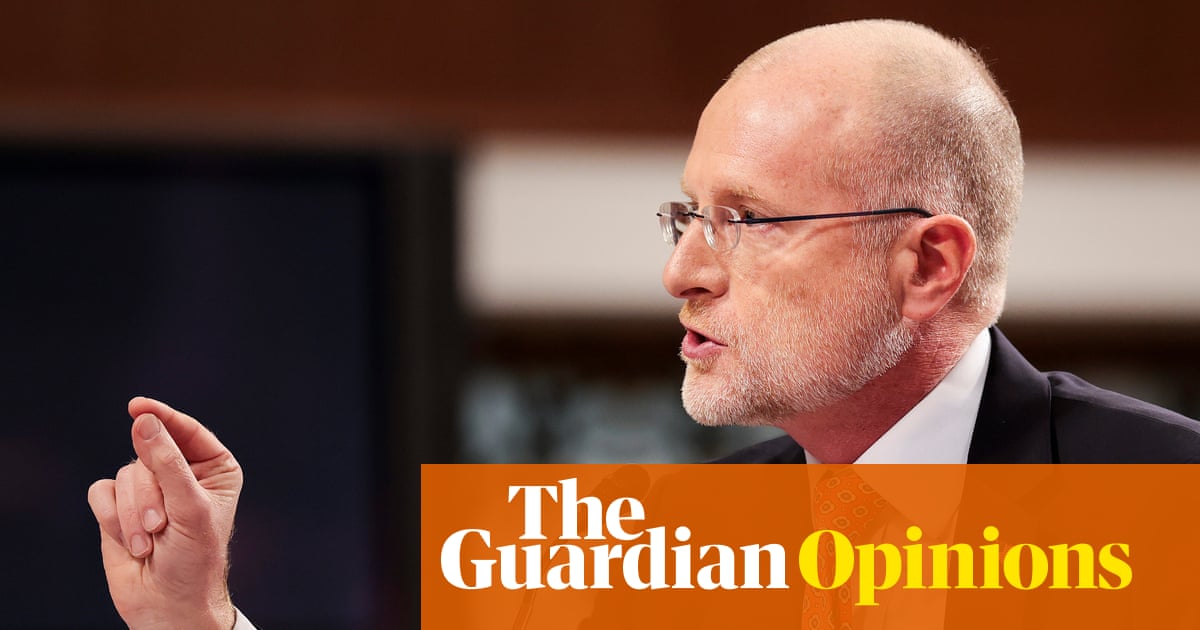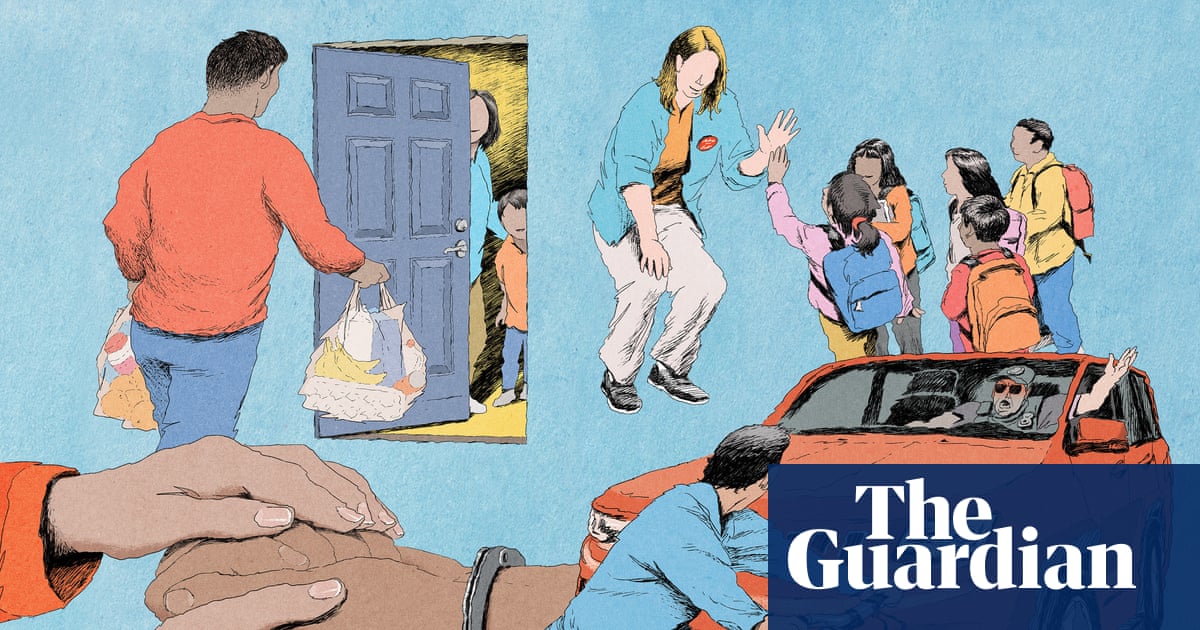Since the Democrats’ sweeping victories on 4 November, a strange thing has happened among the party factions: a semblance of unity has emerged.
At first, “affordability” became the slogan of rapprochement. Moderates, populists and socialists agreed Democrats must campaign around the cost-of-living crisis and hang the broken economy around Donald Trump’s neck.
At the same time party grandees – left, right and center – quietly agreed to ditch wokeness and embrace common-sense appeals to American solidarity and equality. Ideologically, we see the same convergence. Last week, writing in the Atlantic, argued that the left has pulled the moderates toward populism, while the centrists have won debates on a number of cultural issues.
And this week, James Carville – the bête noire of every leftwing Democrat and Bernie Sanders voter, the architect of Clintonian centrism – writes in the New York Times that he is become a populist.
Here is Carville (James Carville!) describing what Democrats should do:
“I am now an 81-year-old man and I know that in the minds of many, I carry the torch from a so-called centrist political era. Yet it is abundantly clear even to me that the Democratic party must now run on the most populist economic platform since the Great Depression.”
Carville advocates a program that includes raising the minimum wage to $20 an hour (blowing past the old progressive demand of $15 an hour), universal childcare, free university education, and major investments in utilities. But more important than the suite of policies itself, the editorial signals to Democratic bigwigs that populism has won. A decade after he announced his first campaign for president, it seems that Sanders has won his crusade for the soul of the Democratic party.
Winning consensus on the need for a “seismic” economic program is no small feat and it will go a long way to helping Democrats win back their working-class base. Still, there is a lot of work to be done and many pitfalls along the way.
First, progressives must resist the temptation, so attractive to scorned factions, to reject centrist overtures. There is a danger that if moderates fulsomely embrace a social populist program, figures on the left will attempt to differentiate themselves by reanimating the dead-end politics of fringe woke causes.
But being lefter-than-thou serves no one and would only succeed in helping the right paint the left as a collection of sky-pilots, eggheads, and weirdos. This is, in part, the lesson of the old Socialist party of Norman Thomas. Franklin Delano Roosevelt adopted the political narrative, and much of the practical program, of the socialists of his day. However, instead of embracing FDR’s social-democratic turn, Thomas & co tried more and more to distinguish themselves and discredit Roosevelt claiming that he only “carried out the socialist program on a stretcher”.
Some on the left attacked Roosevelt’s enormously popular New Deal and lambasted Democrats as cynics and opportunists. The result was to hasten the political irrelevance of the very figures most responsible for inspiring a great populist revival in the 1930s. If today’s left wants to avoid a similar fate, they should embrace the new populists of the center and work with them to craft visionary social policy. And they should have the humility to revise their own opinions when the centrists have a point.
Second, the turn toward populism will remain incomplete until party leaders are willing to stridently declare war on the economic elite – the same elite who fill the campaign coffers of powerful Democrats. Not only is it essential for candidates to draw lines between themselves and the very rich to demonstrate their populist convictions, but without naming the “millionaires and billionaires” as the cause of so much economic misery, Democrats will be unable to mount a serious challenge to rule by the rich.
Many moderates who have lately flirted with populism have as yet been unwilling to point the finger at Wall Street and Silicon Valley as the villains of the contemporary order. Yet, it is precisely because the ultra-wealthy have hijacked American society that so many working-class Americans struggle to pay their bills. The fact is we cannot win a society that is more equal and more prosperous without directly challenging the plutocrats at the top.
after newsletter promotion
Finally, policy matters. Becoming the party of “economic rage” is a good way to win elections but to fix the crisis (crises?), the new social populism must go beyond the standard welfare state toolbox. Carville and other newfound populists have made a huge political leap in embracing a suite of big, new public services and for that they should be commended. Yet it isn’t enough.
No doubt, we urgently need bold redistributive programs to rebalance income and wealth and to address the persistent cost crunch. But these alone will not fix our broken economy. Nor are such programs popular enough to propel a populist takeover in Washington. To get a sense of just what is wrong, consider that since Bill Clinton was president, we have shed some 7m middle-income jobs in manufacturing, and in an exaggerated inverse-proportion we have gained some 700 billionaires.
If a renewed leftwing populism is to succeed it needs to address this. We need to de-globalize the economy, to disentangle the home market from the increasingly dysfunctional world market. We need to bring manufacturing home and reindustrialize the rustbelt.
We need to reign in and repatriate the hyper-global banking sector. We need to rebuild American infrastructure from coast to coast. And we need to strengthen the power of labor on the shop floor by leveling the legal playing field between workers and employers. All of this would amount to a democratic reorganization of the political economy away from the global rich and toward the domestic working class.
This would be a populism worthy of the name and if moderate Democrats are embracing such a call, they ought to be welcomed with open arms. And if the hour isn’t too late, this kind of appeal might be the only chance Democrats have of winning back the working class and retaking Washington.
-
Dustin Guastella is a research associate at the Center for Working Class Politics and the director of operations for Teamsters Local 623

 German (DE)
German (DE)  English (US)
English (US)  Spanish (ES)
Spanish (ES)  French (FR)
French (FR)  Hindi (IN)
Hindi (IN)  Italian (IT)
Italian (IT)  Russian (RU)
Russian (RU)  3 weeks ago
3 weeks ago
























Comments